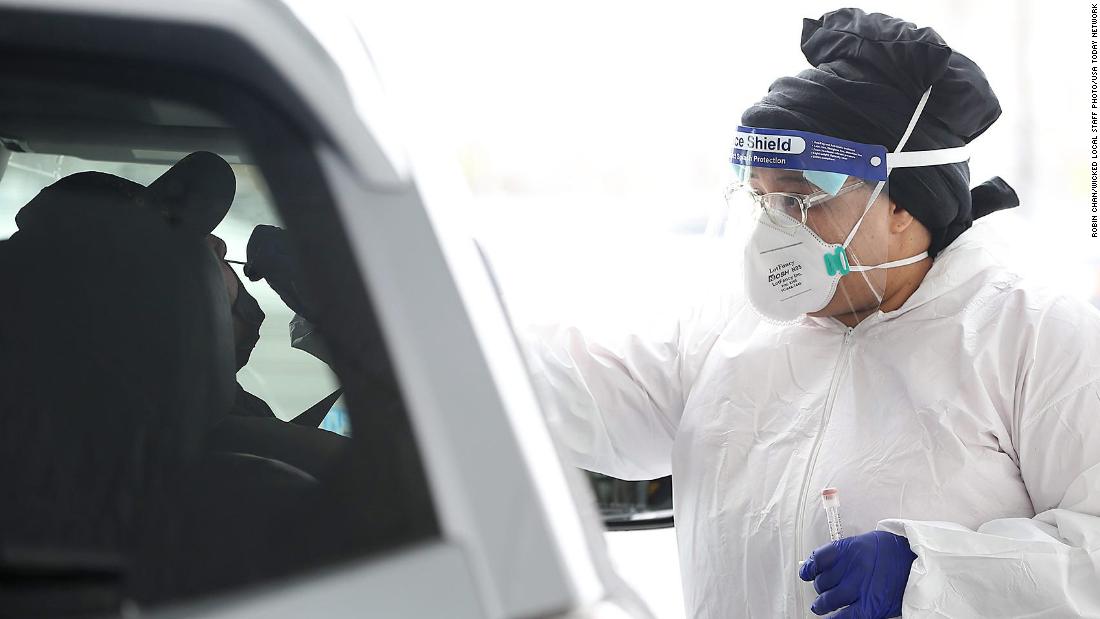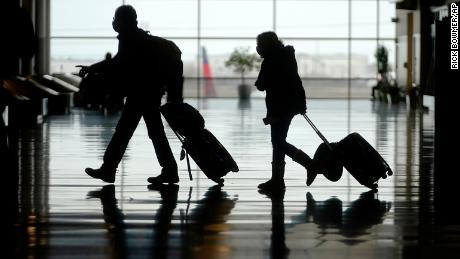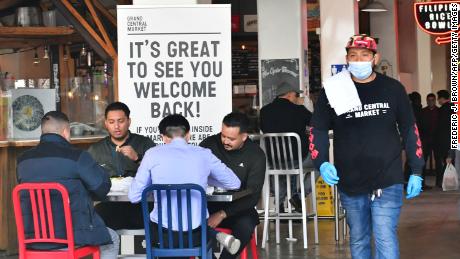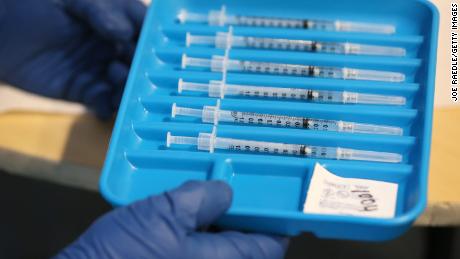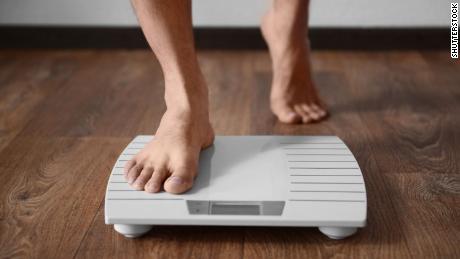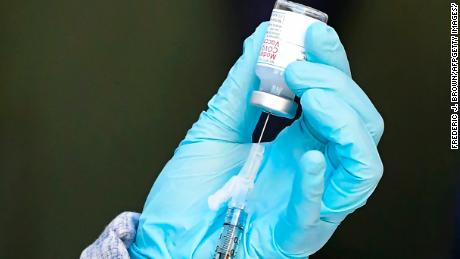The variant expected to become dominant in the US soon is associated with an estimated 64% higher risk of dying from Covid
The Transportation Security Administration said it screened more than 1.3 million people at airports Sunday — meaning about 5.2 million travelers flew since Thursday. That’s the highest number of people that have traveled by air during any other four-day period of the pandemic.
It’s a combination of all those factors, officials fear, that could lay the groundwork for another spike.
“We have seen footage of people enjoying spring break festivities, maskless,” Centers for Disease Control and Prevention Director Dr. Rochelle Walensky said Monday. “This is all in the context of still 50,000 cases per day.”
So is another surge inevitable?
“We could go in either direction,” emergency physician Dr. Leana Wen told CNN on Monday. “What happens now is really up to us and whether we keep up masking and avoiding indoor gatherings as we should be until the point that we’re vaccinated.”
A dangerous variant will be dominant soon
The safety measures will be especially crucial now that multiple variants of the virus are circulating — including the highly contagious B.1.1.7 variant that was first identified in the UK.
It’s projected to become the dominant variant in the US by the end of this month or early April, Walensky said Monday.
Cases of the B.1.1.7 variant have so far been found in 48 states, Puerto Rico and Washington, DC, according to CDC data.
“The way the variants spread is by letting our guard down,” Dr. Richard Besser, the former acting CDC Director told CNN on Monday. “By not wearing masks, by not social distancing. If we can hang in there for a few more months, there will be enough vaccine for every adult in America to be vaccinated.”
“Then we can truly let go of some of the restrictions that are in place. But if we do this too quickly, we could see an increase in cases, we could see a backslide that is occurring in many European countries and that does not have to be the outcome here in America,” he added.”
A subsequent analysis in the study that accounted for missing and potentially miscategorized test results found the overall increased risk of death may be somewhat higher — around 61% more than earlier strains.
The study was not able to factor in vaccination nor could it show why the variant might be more deadly than earlier strains.
Daily vaccination numbers hit record levels
But there is good news: Vaccinations are ramping up and experts are hopeful Americans will be able to see a semblance of normality by the summertime.
Data updated by the CDC on Monday shows the country hit a seven-day average of about 2.4 million Covid-19 vaccine doses administered per day, a new record.
“We’re on a glide slope to being able to get our lives back to normal, and that’s what we want more than anything,” Justice said.
Moderna’s Phase 2/3 vaccine trial for kids up to 11 starts
The trial is broken into two parts. In part one, different dosages of the vaccine are being tested on the children. Children between the ages of 6 months and 1 year will receive two doses of the vaccine spaced about 28 days apart, at doses of either 25, 50 or 100 micrograms. Children ages 2-11 will receive two doses of the vaccine spaced about 28 days apart, at either 50 or 100 micrograms.
Those findings will determine which dose will be used in the second part, when the trial will also include children who are given a saline placebo, which does nothing. The children will be followed for 12 months after their second injection.
Moderna is doing the tests to see if the vaccine protects children from getting sick if they come into contact with coronavirus, according to the clinical trial’s patient information website.
Moderna’s vaccine is currently authorized only for people ages 18 and up. So far, the youngest age OK’d for any of the three Covid-19 inoculations authorized in the US is 16, for the Pfizer vaccine.
CNN’s Michael Nedelman, John Bonifield, LaCrisha McAllister, Gregory Lemos, Deidre McPhillips, Pete Muntean and Jacqueline Howard contributed to this report.
![]()


